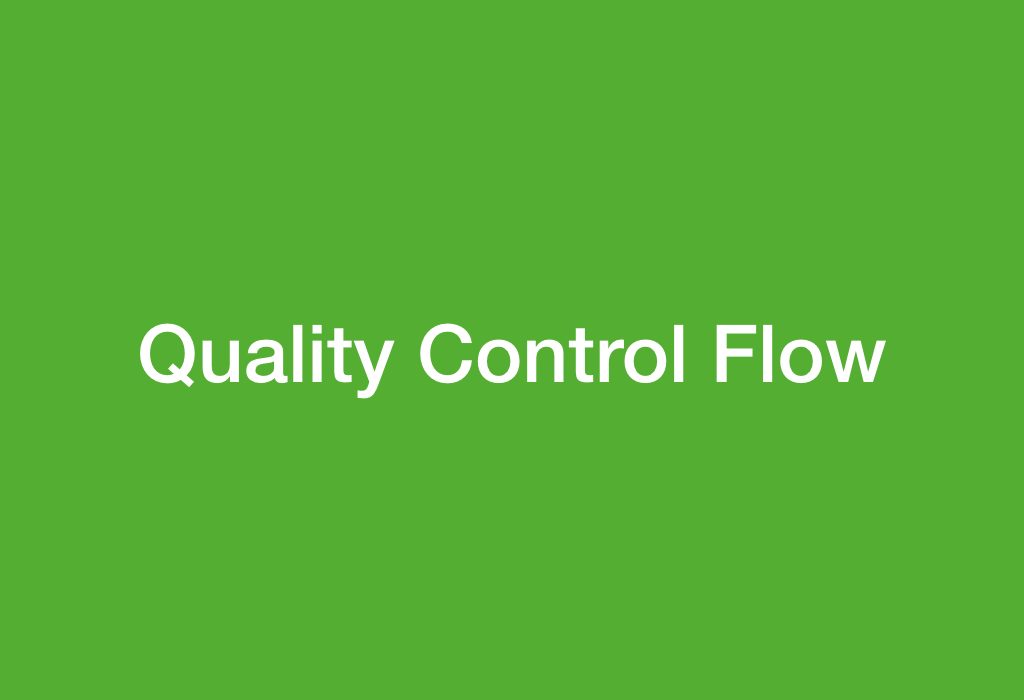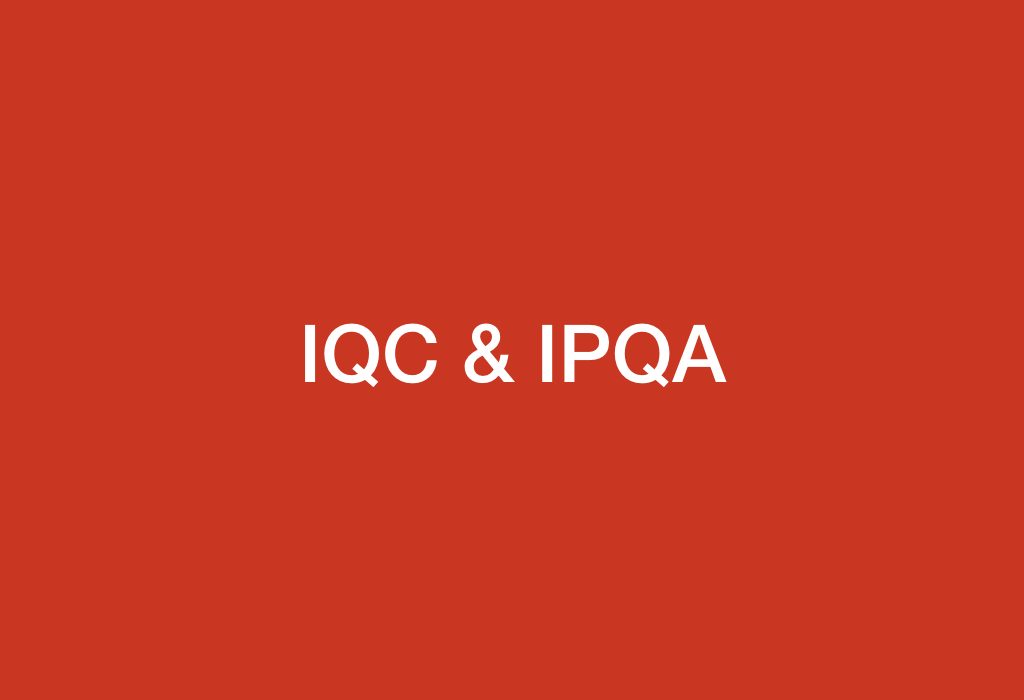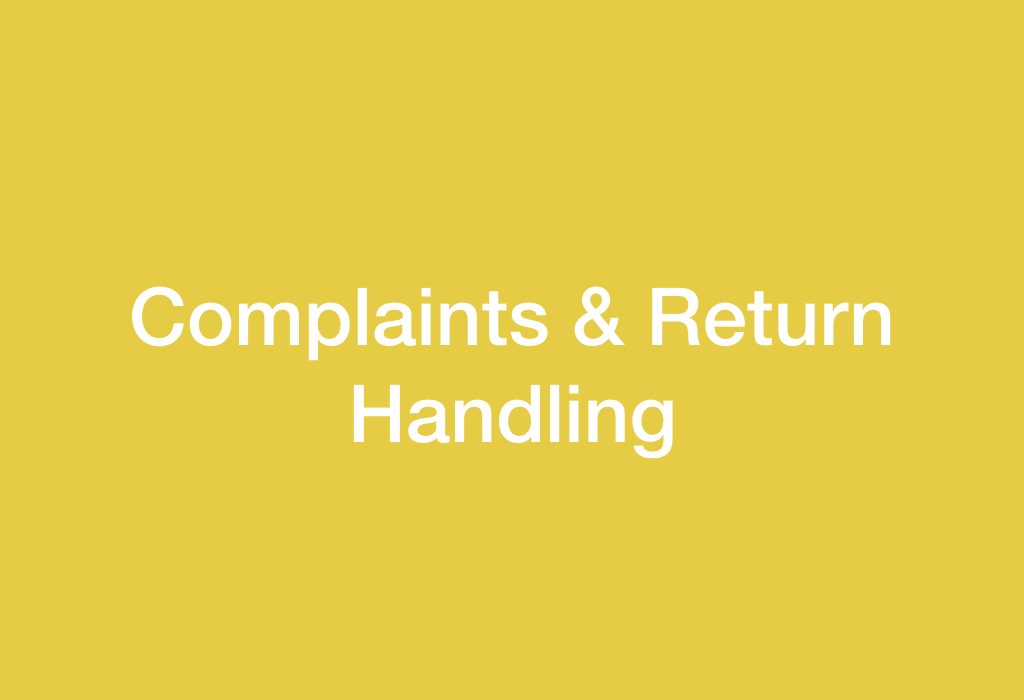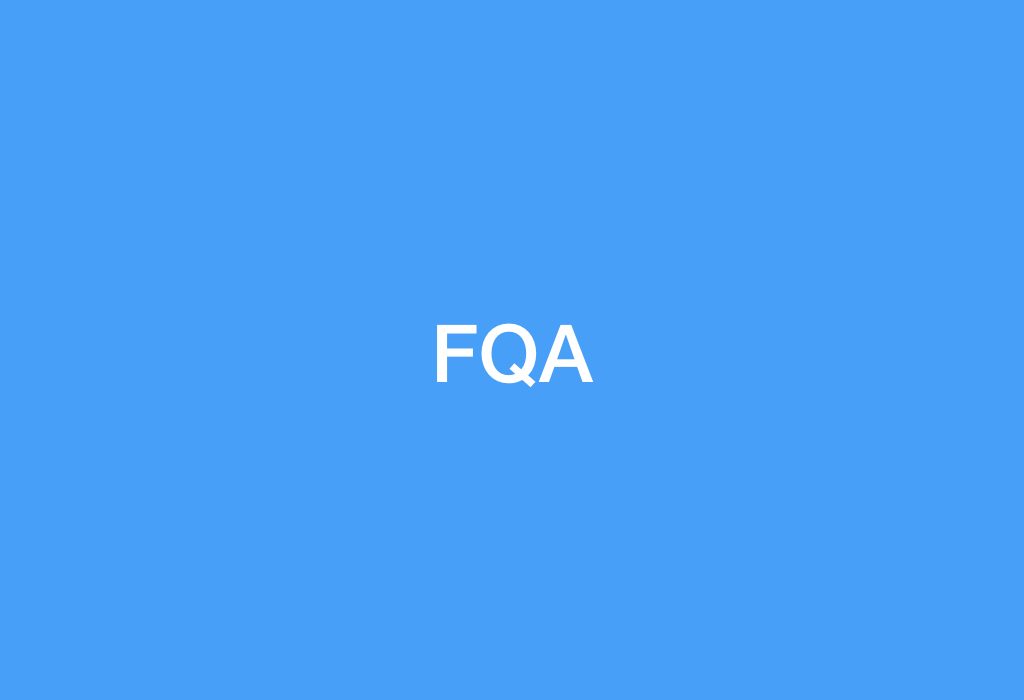Process Flow
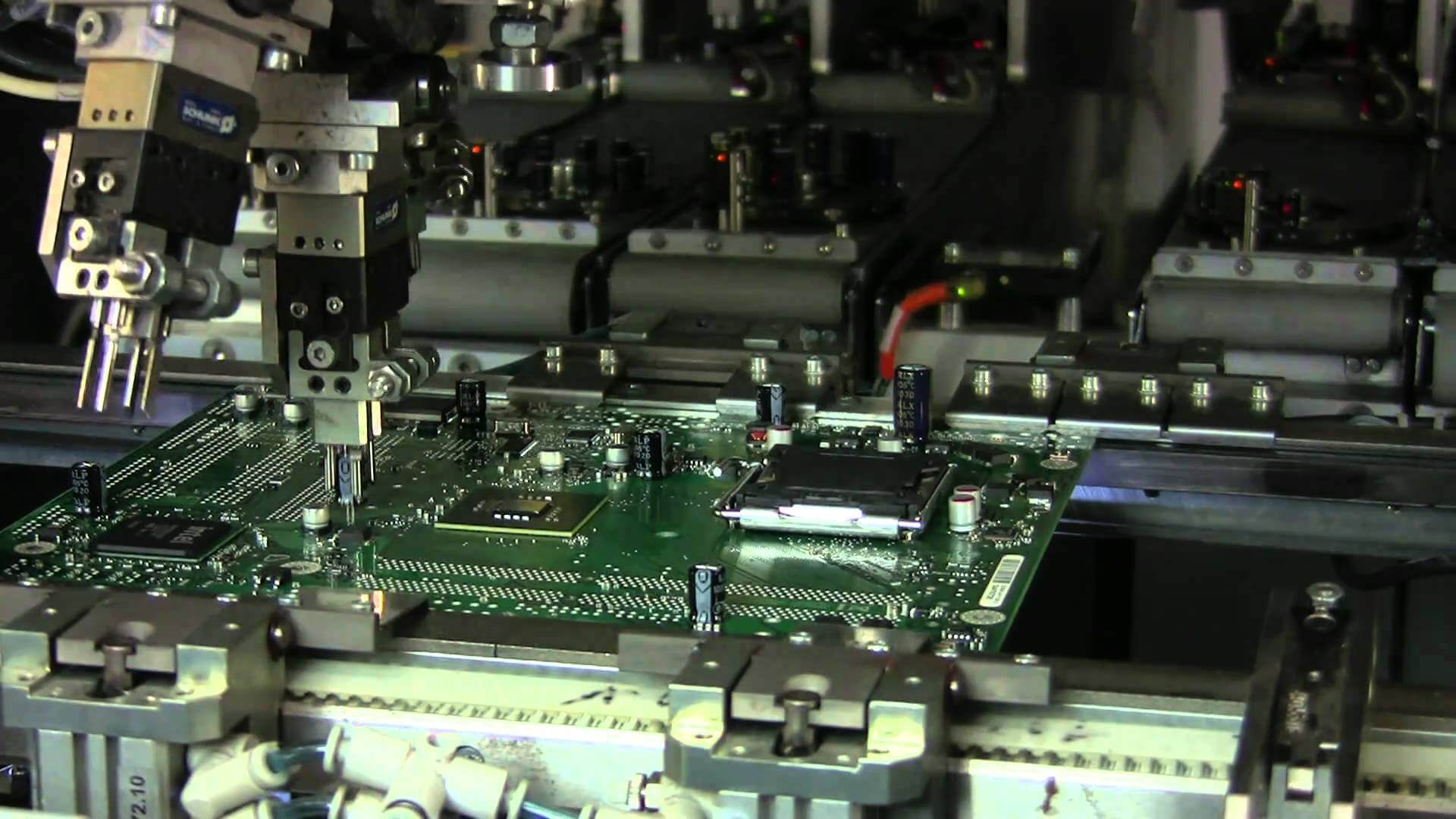
Certifications and Environmental Compliant

IPC is a trade association aim is to standardize the electronics industry of the bare boards, printed circuits to packaging and electronic assemblies.
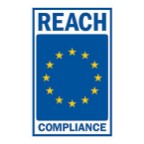
REACH addresses the production and use of chemical substances, and their potential impacts on both human health and the environment. It is the strictest law to date regulating chemical substances and will affect industries throughout the world.
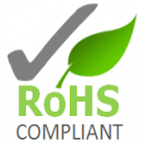
Each European Union member state will adopt its enforcement and implementation policies using the directive as a guide. This directive restricts the use of hazardous materials in the manufacture of various types of electronic and electrical equipment. It is closely linked with the Waste Electrical and Electronic Equipment Directive (WEEE) which sets collection, recycling and recovery targets for electrical goods and is part of a legislative initiative to solve the problem of vast amounts of toxic electronic waste.
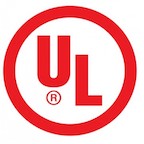
UL is a global safety consulting and certification company. It has also evolved from its roots in electrical and fire safety to address broader safety issues.
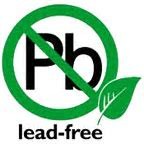
In the past, nearly all solders contained lead, but environmental, and health concerns have increasingly dictated the use of lead-free alloys for electronics. RoHS is often referring to as the "lead-free directive."

ISO 9000 family of quality management system standards are designed to help organizations ensure that they meet the needs of customers and other stakeholders while meeting statutory and regulatory requirements related to a product or service. ISO 14000 is a family of standards related to environmental management that exists to help organizations, minimize how their operations (processes, etc.) negatively affect the environment (i.e. cause adverse changes to air, water, or land), how a product is produced, rather than the product itself.

